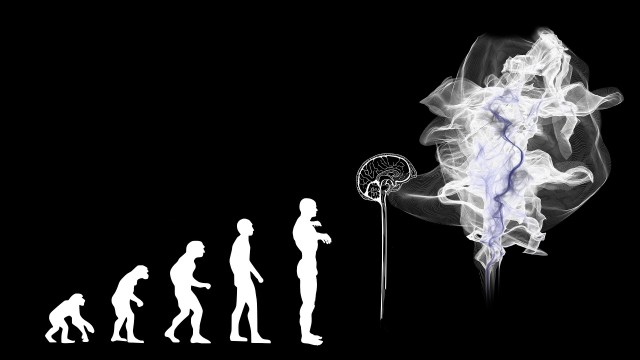Hard workers are more inspiring than geniuses

ANGELA WEISS/AFP via Getty Images
Albert Einstein is often used as the ultimate inspirational figure in science: an untamed genius with an abundance of innate brilliance.
The proliferation of memes and inspirational quotes about his allegedly underwhelming school performance only serves to highlight exactly how naturally brilliant he really was, succeeding against the odds.
But, it turns out, he might not be quite as inspiring as you think: according to a study published in Basic and Applied Social Psychology, it may in fact be hard work, not innate genius, that really inspires people to get into STEM.
The first study focused on two specific scientists: Einstein, who is generally viewed as a genius whose success came from his talent, and Edison, whose success is seen to have come from hard work — famously, it took him over one thousand attempts to successfully create the lightbulb. Danfei Hu from Penn State and colleagues gave 176 participants a story about either Einstein or Edison, both of which included details about struggles, challenges and setbacks the scientists had supposedly faced during their career (in fact, the stories for each scientist were exactly the same).
Participants then filled in a survey to measure their views on talent and intelligence, rating how much they agreed with statements including “only geniuses can be good scientists”, “some people just aren’t cut out for science” and “you have a certain amount of intelligence, and you can’t do much to change it”. Participants then completed an apparently unconnected maths task, designed to investigate their approaches to problem-solving.
Those in the Edison condition were less likely to see exceptional talent as necessary for a scientist’s success, and slightly more likely to believe that intelligence was malleable or changeable. This group also performed better on the mathematical task, suggesting that they’d received a boost in motivation by reading about a scientist known for his work ethic.
To look at the impact of fame on motivation and inspiration, the team recruited 162 participants for a second study. Participants once again read one of two identical stories about a struggling scientist, half reading about Einstein and the other about Mark Johnson, a fictional scientist whom none of them had heard of.
Again, participants who read about Mark Johnson were less likely to believe that innate genius or talent was necessary for success than those who read about Einstein — and they performed better in the maths test, too. This suggests that a non-famous scientist may in fact make for a more effective role model than a famous, “genius” scientist.
A final study looked at all three scientists simultaneously: 288 participants read either about the struggles of Edison, Einstein or the non-famous scientist. Those who read about Einstein appeared less motivated than those who read about the non-famous scientist, while those who read about Edison were more motivated, suggesting that the two role models had opposite effects.
The team suggests that being exposed to a stereotypically “genius” scientist makes people feel brilliance is a prerequisite to succeed — that it’s essential, rather than an additional benefit. As many people don’t particularly see themselves as innately brilliant, their performance — and their interest and motivation to do well in science — is therefore diminished.
The successes of someone like Edison, however, might seem more in reach — his example suggests that scientific successes are related more to effort and self-control than they are to genius, making people feel more inclined to try.
Role models can play an important part in efforts to encourage a wider range of people to pursue STEM both educationally and professionally: female mentors, for example, have been shown to increase female students’ sense of belonging in engineering settings. Understanding what makes certain role models effective could therefore help this process considerably, allowing universities and other institutions to develop mentoring programmes that really help make STEM subjects more diverse and equal places to be.
– Not All Scientists Are Equal: Role Aspirants Influence Role Modeling Outcomes in STEM
Emily Reynolds is a staff writer at BPS Research Digest
Reprinted with permission of The British Psychological Society. Read the original article.





